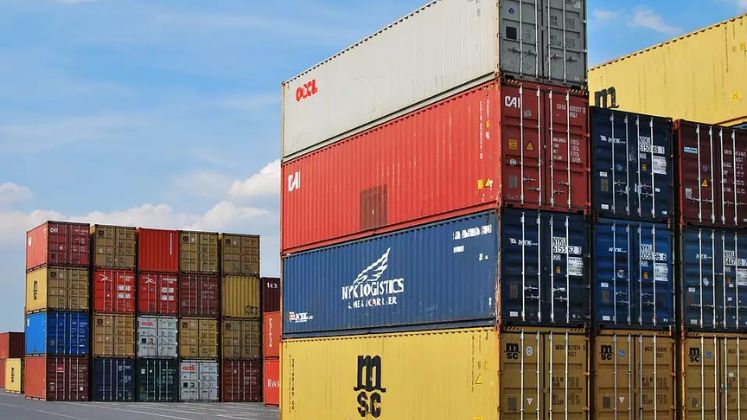
Economists and experts have recommended against extending cash incentives for exports, arguing that the recent significant devaluation of the Taka serves as a subsidy in effect.
At a book launch event in Dhaka, they said the devaluation was necessary due to the exchange rate’s prolonged overvaluation. As evidence, they cited the real effective exchange rate’s (REER) appreciation of 57 per cent between FY 2011 and FY 2022.
They demanded coordinated trade, fiscal, and monetary policies for the best outcomes. They contended that monetary policy alone, or any single policy, would not be enough to stabilise the macroeconomic environment.
“If the government intervenes in one policy but ignores others in the macroeconomic ecosystem, the benefits won’t materialise,” stated Binayak Sen, director general of the Bangladesh Institute of Development Studies (BIDS).
At the event, Dr Sadiq Ahmed’s book ‘Bangladesh: Stabilising the Macroeconomy’ was launched. Dr Mashiur Rahman, economic affairs advisor to the prime minister, was the chief guest at the event.
While acknowledging broad agreement on abolishing export incentives, Dr Mashiur Rahman advocated for performance-based cash incentives with a phase-out plan. He suggested forming a high-level Government committee to decide which industries would keep getting export subsidies. The crawling peg exchange rate system, which the central bank recently implemented, was welcomed by Dr. Rahman, who also stated that the rates had to be changed regularly.
He accused the tax office of increasing revenue collection leakage by altering tax rates.
Former Planning Minister MA Mannan advocated during the programme for a more direct approach to combating plundering in the banking industry.
“We often resort to euphemisms,” he said. “But those who default on loans and steal money from banks in broad daylight should be called out for what they are: robbers and thieves.”
The ex-minister came down heavily on the approval of unnecessary projects. “Many projects are proposed that simply should not exist,” he said. “These are not real projects, yet we approve them with big funding.”
He stressed the need for thorough project reviews and feasibility studies before allocation in the Annual Development Programme (ADP).
The management of demand-side pressures was another topic of discussion. It was argued that excessive exchange rate depreciation may be avoided by reducing private spending and curbing import demand through a combination of higher interest rates, higher taxes, and a smaller fiscal deficit.
The moment has come, according to former BIDS director general Dr. Mustafa K. Mujeri, to make difficult choices in order to stabilise the macroeconomic environment. “Making such decisions necessitates examining beyond the interests of particular groups,” he stated, condemning the nation’s haphazard policy-making.
Bazlul Haque Khondker, the head of the Policy Research Institute of Bangladesh (PRI) and chairman of the South Asian Network on Economic Modelling (SANEM), emphasised the importance of raising social protection funding. However, he advocated for universal social protection programmes instead of targeted ones.






